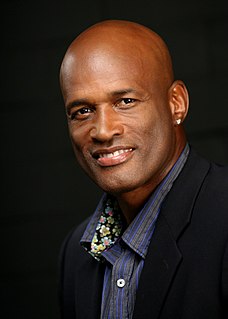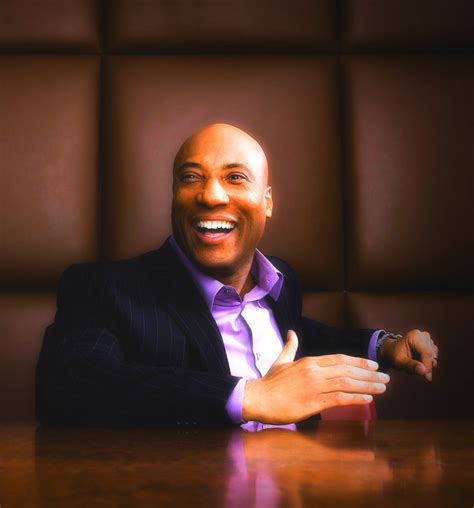Цитата Николаса Кристофа
Базовым элементом американской мечты является равный доступ к образованию как смазке социальной и экономической мобильности.
Связанные цитаты
Часть волшебства экономического роста заключается в том, как вы обучаете людей, и ведущие экономики должны идти впереди этого. С экономической точки зрения это влияет на конкурентоспособность и создает рабочие места. Или, с точки зрения социальной справедливости, вы можете взять человека с самым низким доходом и позволить ему конкурировать за звание врача или юриста. Система образования — единственная причина, по которой мечта о равных возможностях может быть реализована, а у нас нет хорошей системы образования.
Мы больше работаем, а зарабатываем меньше. Неравенство доходов достигло самого высокого уровня за более чем столетие. Хотя американский капитализм никогда не гарантировал успеха, он гарантировал возможности, для слишком многих мечта об экономической мобильности сменилась кошмаром экономической стагнации.
Существует настоящий страх перед отказом от нашей существующей экономической системы, потому что люди верят, что это дает нам социальную организацию, чувство свободы и способность хорошо относиться друг к другу. Рост рассматривается как социальная смазка, которая позволяет нам быть социально ответственными.
Я думаю, что «Holler If Ya Hear Me» — это почти «A Raisin in the Sun» 50 лет спустя, только с другим голосом 20-летнего человека, произносящим слова. Но речь идет о доступе к американской мечте и равных жизнях, имеющих равную ценность в Америке. Оно все еще держит перед нами зеркало, чтобы мы могли видеть себя.
Американская мечта индивидуалистична. Мечта Мартина Лютера Кинга была коллективной. «Американская мечта» гласит: «Я могу продвигаться вверх и жить хорошей жизнью». Мечта Кинга была в основном христианской. Его приверженность радикальной любви имела непосредственное отношение к его приверженности Иисусу из Назарета, а его мечта имела непосредственное отношение к сообществу, к сознанию «мы», которое включало бедных и работающих людей по всему миру, а не только чернокожих.
































